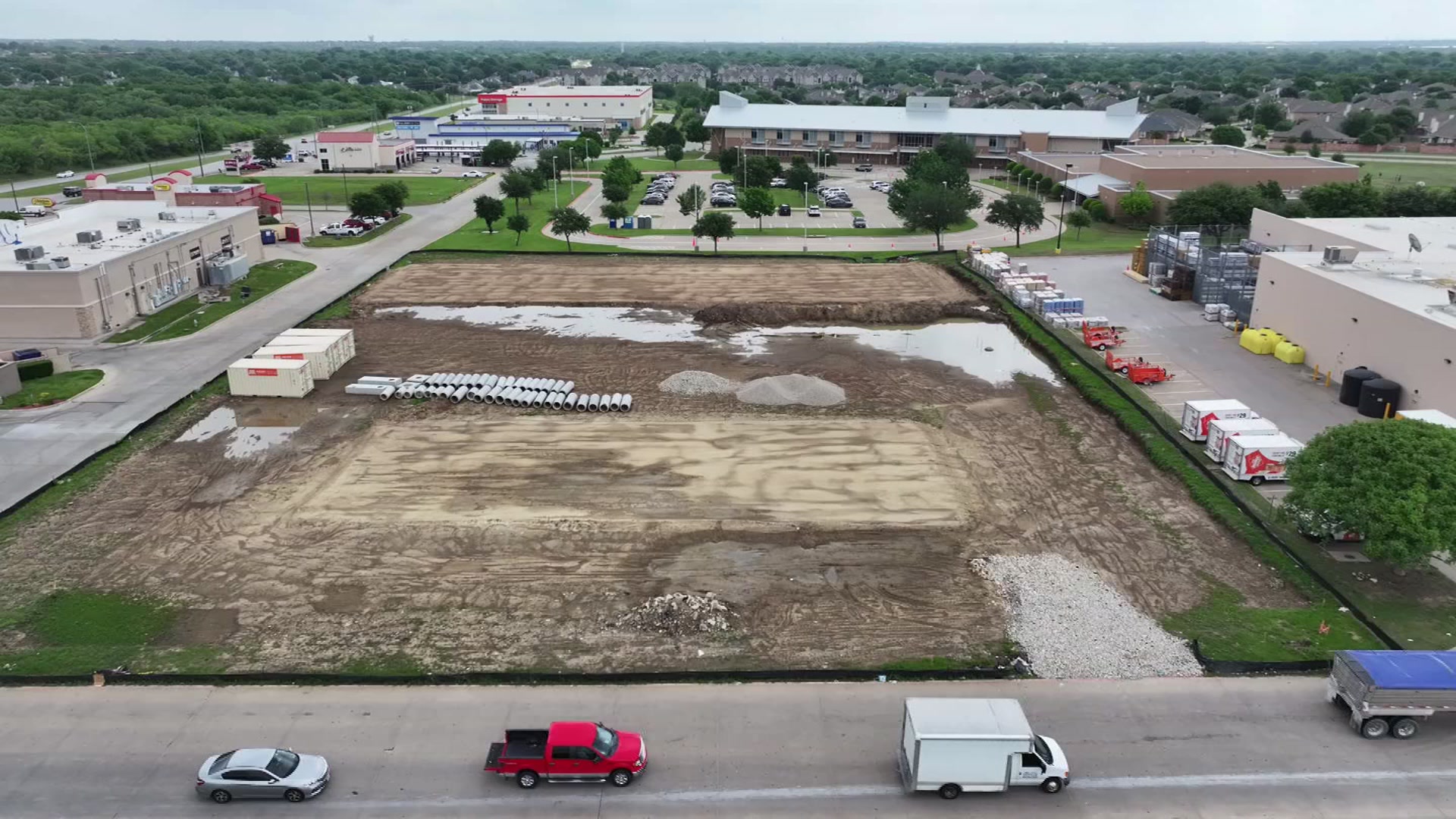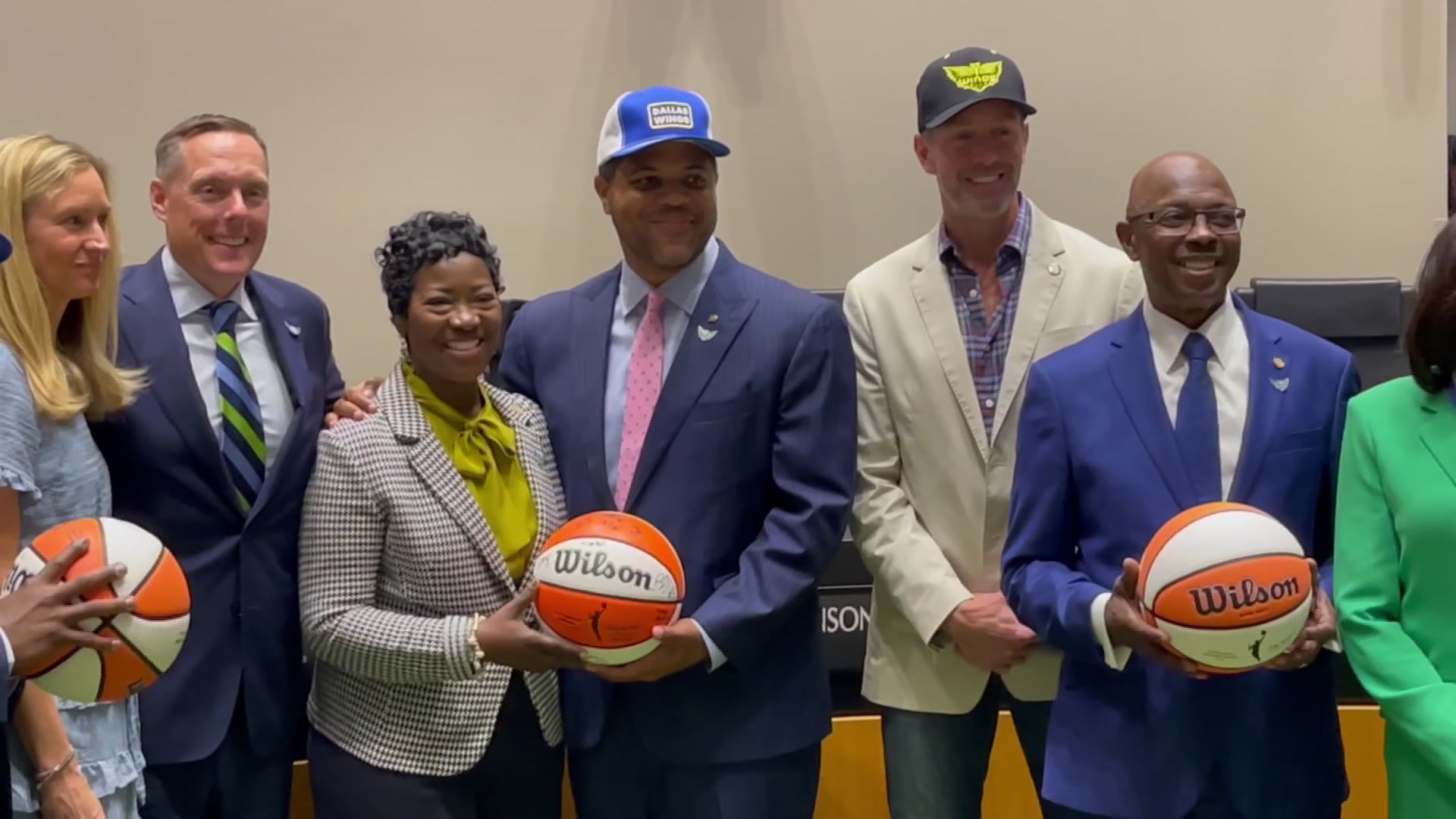There's alarming news to report about suicides in this country: a dramatic rise in the number of people taking their own lives and nearly every state has seen increases.
The Centers for Disease Control reports a nearly 30-percent rise in suicides since 1999.
Only about half of those people had a diagnosed mental health condition.
Many who died by suicide had been struggling with substance abuse, finances, stable housing or personal relationships.
Doctors say there are warning signs a person needs immediate help.
"Any change in behavior patterns, withdrawing, sadness, irritability, anger, and losing their temper more quickly, those would all be indicators that possibly that person's mental health is deteriorating," said Dr. Christine Moutier, with the American Foundation for Suicide Prevention.
At The Counseling Place in Richardson, a team of experts is the front lines of a quiet battle.
Local
The latest news from around North Texas.
They field the calls from Richardson Police about a suicide or an attempted suicide.
Their role is to support the survivors, most often the loved ones of the person who hurt him or herself.
Last year, they responded to around 140 deaths by suicides, one of the highest numbers they've ever had, and they say they're on track to reach that number this year.
"To see the families affected by it, to see the people affected by it, people struggling with suicidal thoughts, it takes a toll and it gives you a reason to keep fighting. but it is difficult," said Ashley Akers, a licensed counselor at the center.
Debbie Dobbs, executive director, gave a tour of the new mental health and wellness center, a space dedicated to suicide prevention and boosting mental wellbeing.
It features counseling rooms for adults, children and teenagers, as well as a telemedicine suite for people unable or unwilling to physically visit the facility.
The goal is to equip people with coping skills and make sure their mental wellbeing is addressed.
The CDC emphasizes suicides are preventable.
If you or someone you know needs help, call the National Suicide Prevention Lifeline at 1-800-273-TALK.




